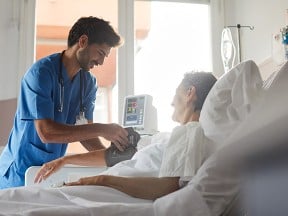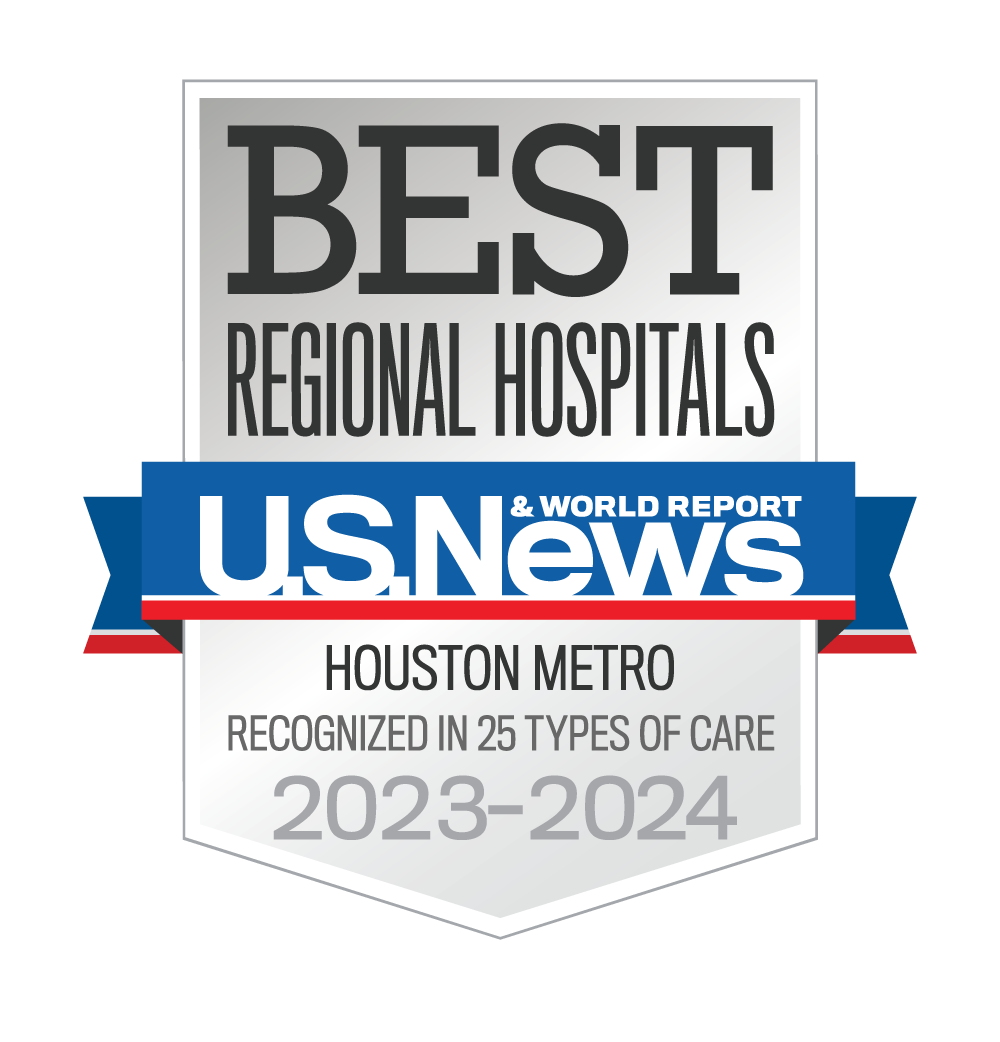Preventing and Managing Delirium in Hospitalized Patients
MAR 08, 2024Delirium is common in ICU patients. St. Luke’s Health is leading the way in innovative treatment for and prevention of this dangerous condition.
Read More Additional information about Preventing and Managing Delirium in Hospitalized Patients




